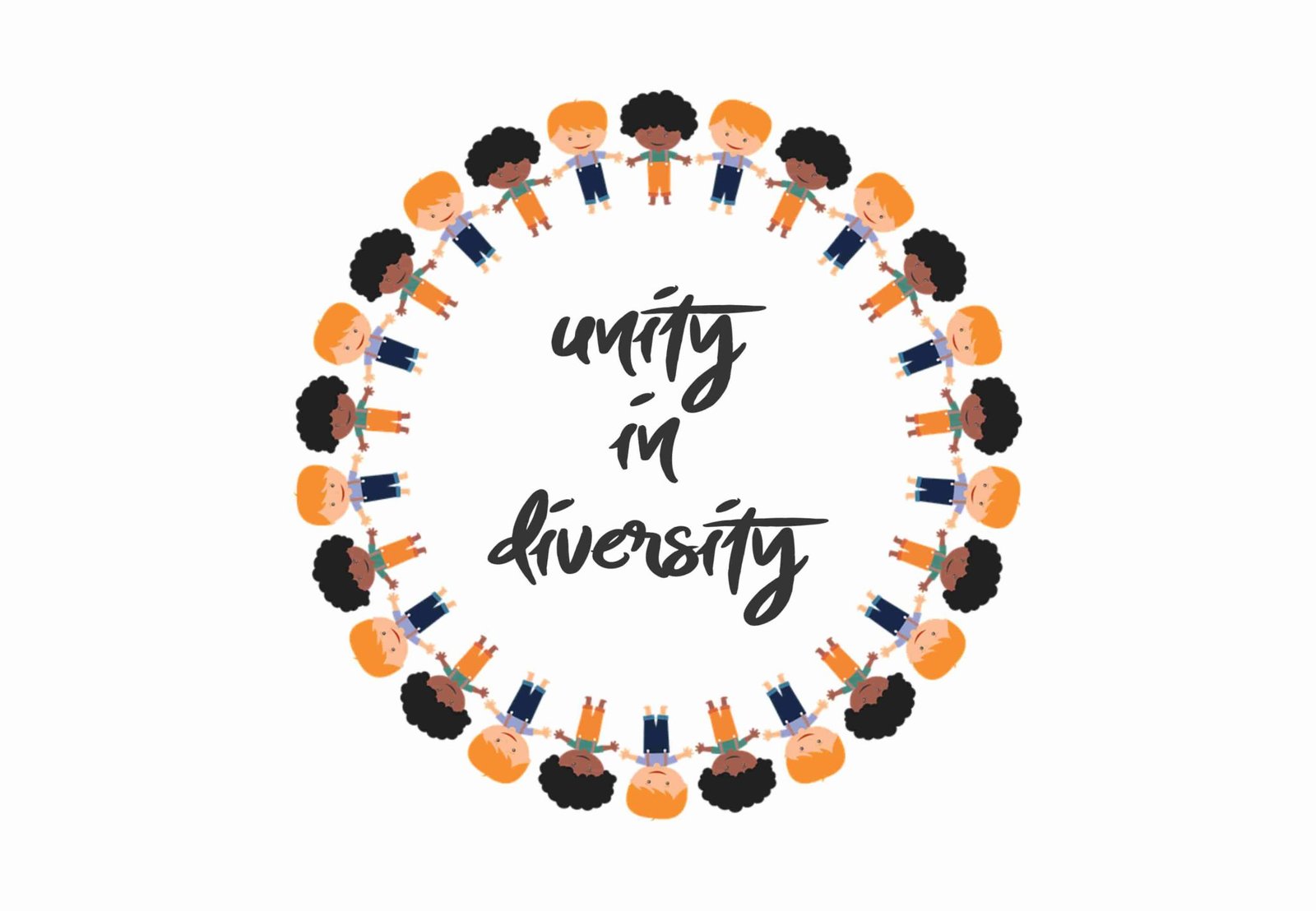### Bridging Divides: The Historical Context and Political Dynamics within Early-State Israel
In the tapestry of history, few narratives are as compelling and instructive as the story of early-state Israel. This period offers a profound study in contrasts, where deep ideological rifts among its founding figures somehow coexisted with a unified commitment to statehood. It’s a narrative that not only sheds light on the complexities of political dynamics but also serves as a testament to the power of transcending differences for a common cause.
The founding of Israel was marked by an eclectic mix of ideologies, from socialism to right-wing nationalism. These were not mere academic distinctions; they represented fundamentally different visions for what the state of Israel should become. On one side stood figures like David Ben-Gurion, who leaned towards socialist principles, advocating for collective farms (kibbutzim) and labor rights as cornerstones of society. Opposing him were leaders such as Menachem Begin, whose Herut party espoused more right-leaning views, emphasizing individual freedom and market-driven economics.
This ideological chasm could easily have torn apart lesser coalitions. Yet, despite their profound disagreements—and at times even plots against each other—the leaders shared an unshakeable conviction in the necessity of establishing and maintaining a Jewish homeland. This common ground proved stronger than any ideological divide.
How did these deeply divided founders manage to work together amidst such discord? The answer lies in their ability to prioritize their shared goal over individual ideologies—a lesson in conciliation that resonates through time.
Firstly, there was an understanding that existential threats required unity. Surrounded by hostile neighbors and facing skepticism from much of the international community, early Israeli leaders recognized that internal division would only weaken their nascent state. This external pressure forged an alliance among rivals, transforming them into partners in survival.
Secondly, there was an inherent flexibility in governance that allowed for diverse voices to be heard and respected. The political system adopted by Israel was designed with coalition governments in mind, necessitating compromise and collaboration across ideological lines. This framework ensured that no single ideology dominated at the expense of others—instead fostering a culture where debate was encouraged but never allowed to overshadow national interests.
Lastly—and perhaps most importantly—there was empathy among these ideologically opposed leaders. Despite their differences, they understood each other’s fears and aspirations for their new country. They recognized that each faction brought something valuable to the table; whether it be Ben-Gurion’s vision for social justice or Begin’s insistence on economic freedom—they were all integral threads in the fabric of Israeli society.
As we reflect on this chapter from history through our modern lens—often clouded by polarization—it begs us to reconsider our own approach toward dialogue with those holding opposing views. The story of early-state Israel teaches us not just about resilience against external threats but also about overcoming internal divisions through mutual respect and empathy.
In today’s world rife with division, let us draw inspiration from this remarkable example set by Israel’s founding fathers: embracing our differences not as roadblocks but as opportunities for enriching discourse; recognizing that beneath divergent ideologies often lies a shared commitment to common goals; and remembering always that unity does not require uniformity but rather demands respect for diversity.
This historical overview is more than just an account; it is a call—to politicians grappling with governance issues worldwide—to citizens navigating societal divides—to look back so we might find ways forward together despite our deepest disagreements.
Charlie Summit
ValuesVanguard.com

Leave a Reply